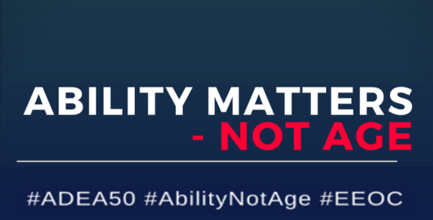I see so many positions that require “software experience” with very detailed specifications that give me pause. It would seem that someone should be getting wealthy teaching all of this software.
I learned a cutting-edge software a few years ago, and my instructor told me that knowing how to use that software would mean an instant hire. After investing a considerable amount of time and money (bought the software) none of the organizations that required knowing the software ever called me.
Ever.

The lack of job offers didn’t deter me; I bought the newer and newer versions when the old version of the software wouldn’t work on my new computers that replaced the old ones. I thought, any day now, someone will want that software knowledge, so I spent thousands of dollars with the newer and newer versions, not to mention the new computers that I had to purchase.
I love the software, and have made very good use of it over the years, even though no one showed any respect for my software knowledge. The software has been very useful, and again, my knowledge of it proved to be very productive, even if no one wanted to pay me for knowing it.
It seems that the more specific, the more detailed the requirements for an open job, the more it appears the Human Resources department has someone in mind for the position and has carefully crafted requirements that exactly fit the person they have in mind, and everyone else, well, not so much.
This very specific criteria of knowledge and experience, fitting a minuscule selection of potential applicants, even if it seems biased, can defend the firm against anyone who claims they were overlooked or summarily rejected. If the criteria are set, arguing that it is unrealistic will not work when there is someone, even if it is only one person, who meets the criteria.
I have witnessed a government job that was only open to people presently employed within the organization; how that worked was anyone’s guess, but I am sure that they had some justification for their requirement that a job was only open to less than a dozen people. That really doesn’t seem fair, because surely in this big labor market there must be others who were qualified. You constantly hear of recruiters who can’t find anyone; perhaps they are narrowing the search to such a limited number of people, very few meet the criteria.
I have had to learn software after software, from different positions with different firms, as well as classes that insisted that knowledge of the software was essential to acquiring employment.
What might have been essential to college instructors didn’t turn out that way in real life.
Some of the software is so old, I can’t even remember its name, and would probably not work on today’s fast computers anyway. But it was important that I know it, at the time. All of this seems terribly ephemeral, in the light of reflection. Terribly ephemeral, except for the hole in my bank account that buying all of the software made, and all the time I will never get back learning software that the wrong people cared about.
There’s lots of new software out there, for apps, for the cloud, for processing all kinds of information, not to mention social media. Please forgive me if I don’t spend lots of money and take lots of my time learning something that will be obsolete in five years and will not make any noticeable difference in my ability to attract job offers.
![]()
My favorites are the social media experts. Social media really took hold in 2002, a scant sixteen years ago. Most of the self-proclaimed “social media experts” are, in age, less than twice the length of time that social media has been with us, making being a “social media expert” a rather diminutive task, when compared to, say, the development of computer languages, which have evolved for decades.
I have said this before and it still applies: being an “expert” in something that has existed only slightly longer than you have been alive is not some great accomplishment.
New software? Fine, what does it pay for me to learn it?
If there is no reward, I’m not going to invest time and money just to be dismissed as obsolete in a few years. Been there, done that.
••••••••••••••••••••••••••••••••••••••••••••

Jeffrey Neil Jackson is an
Educator & Literary Mercenary











